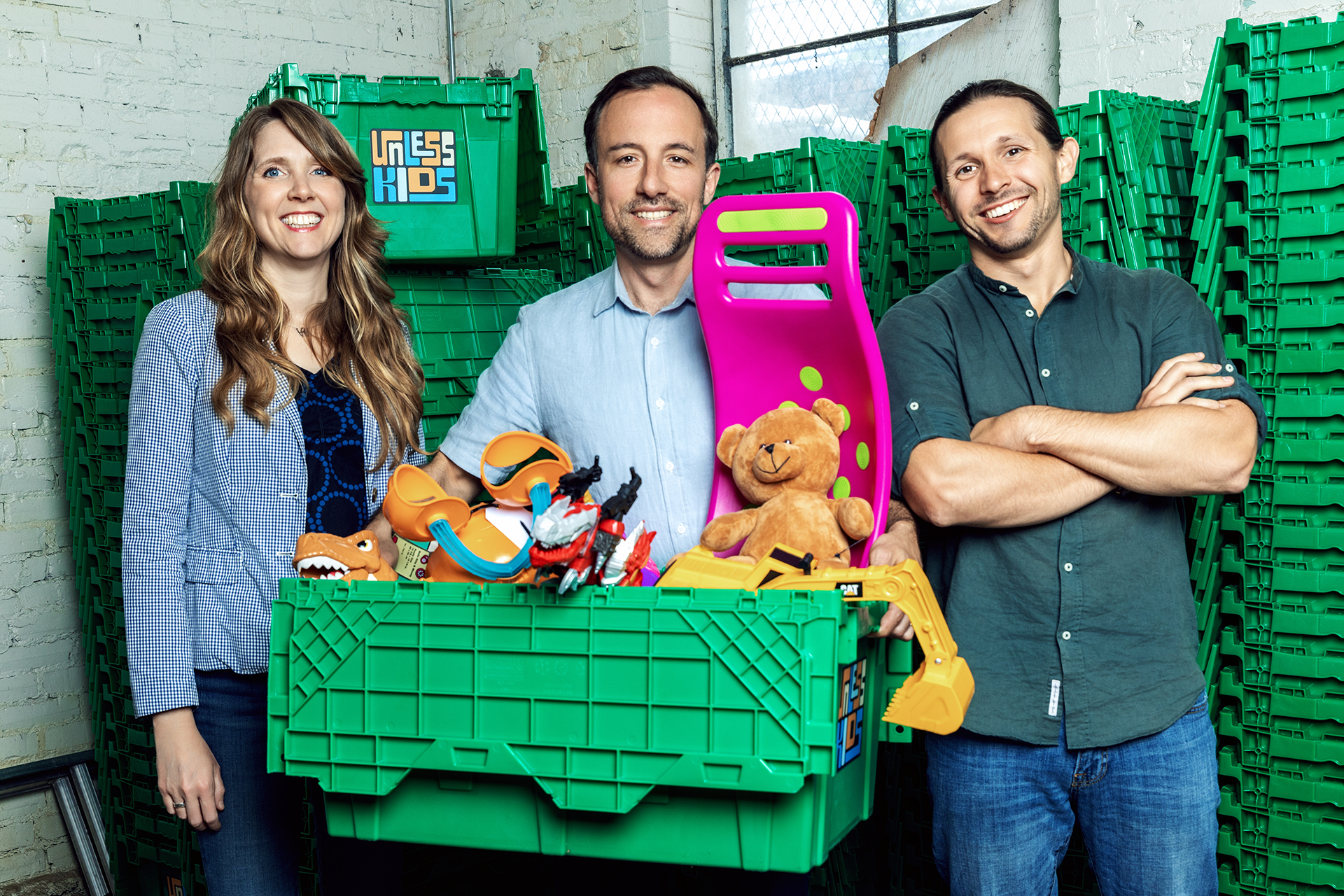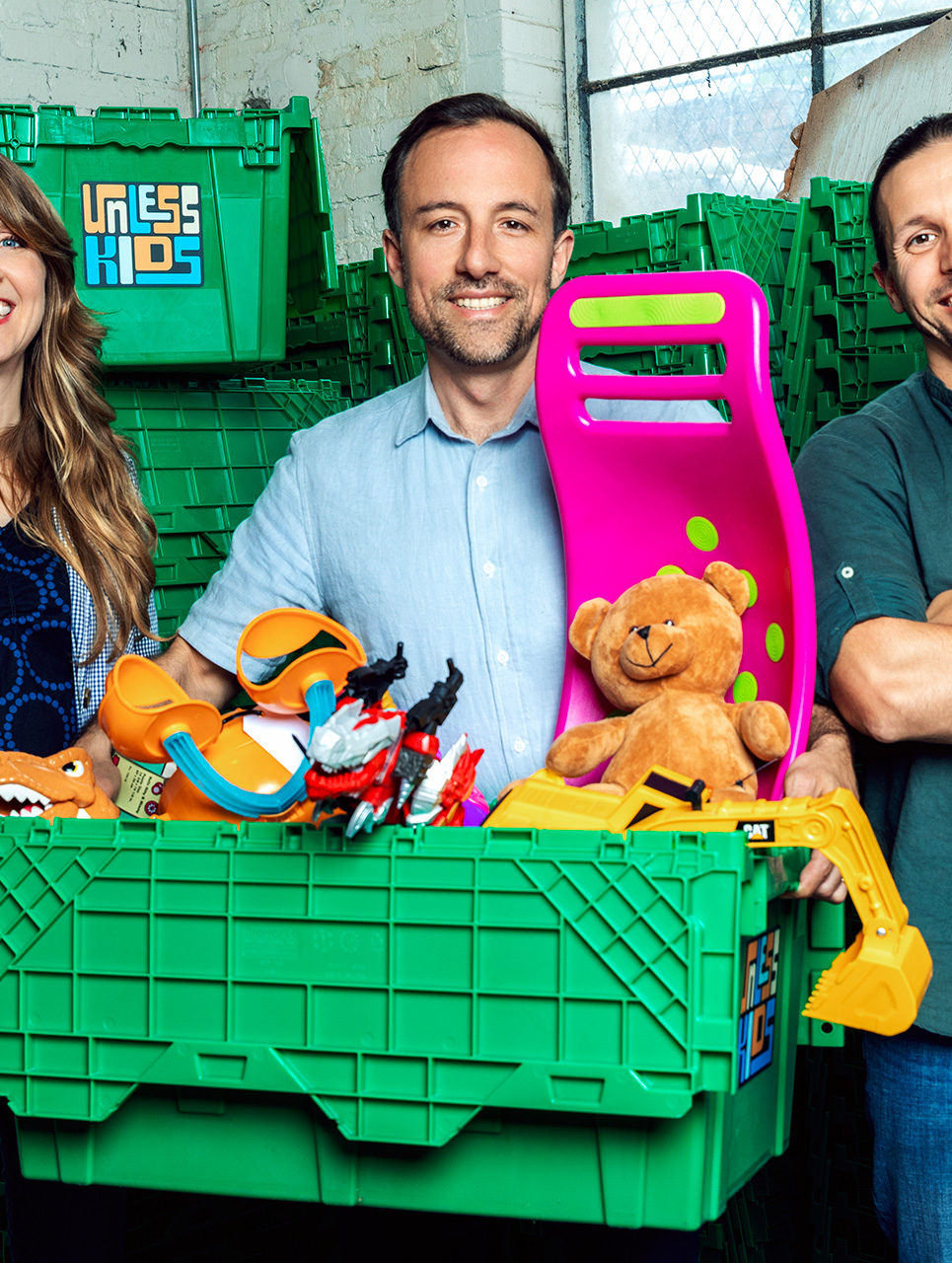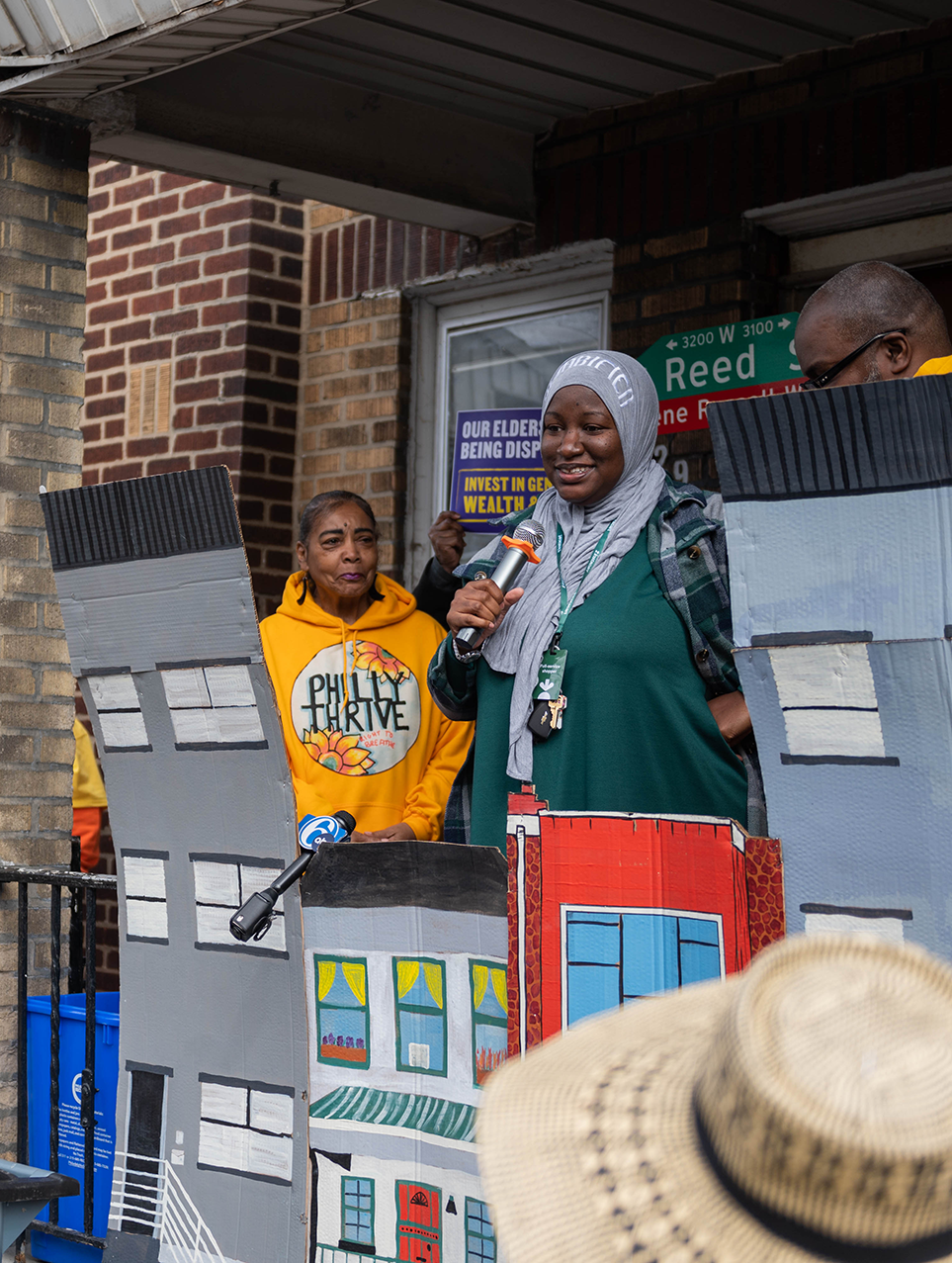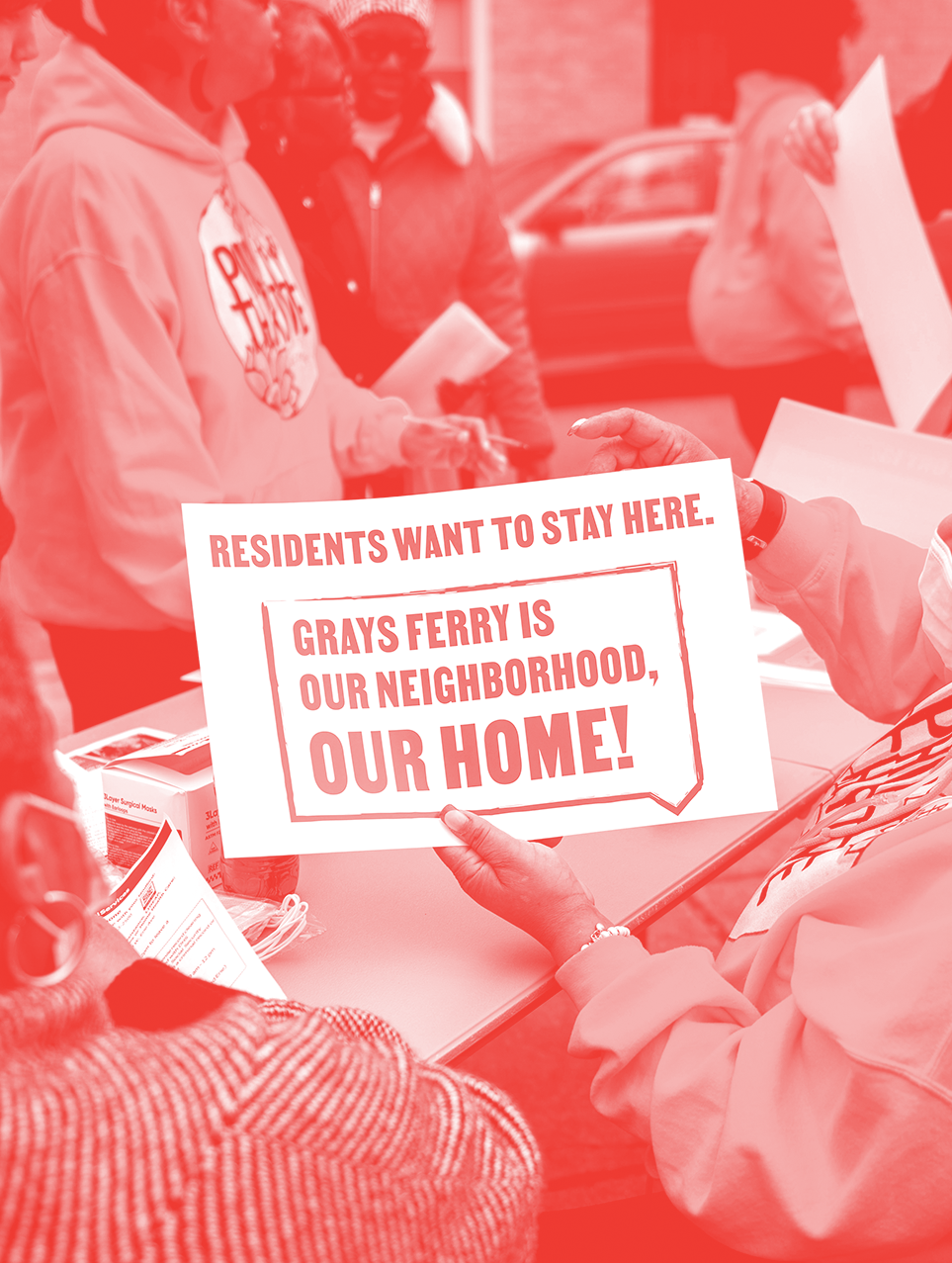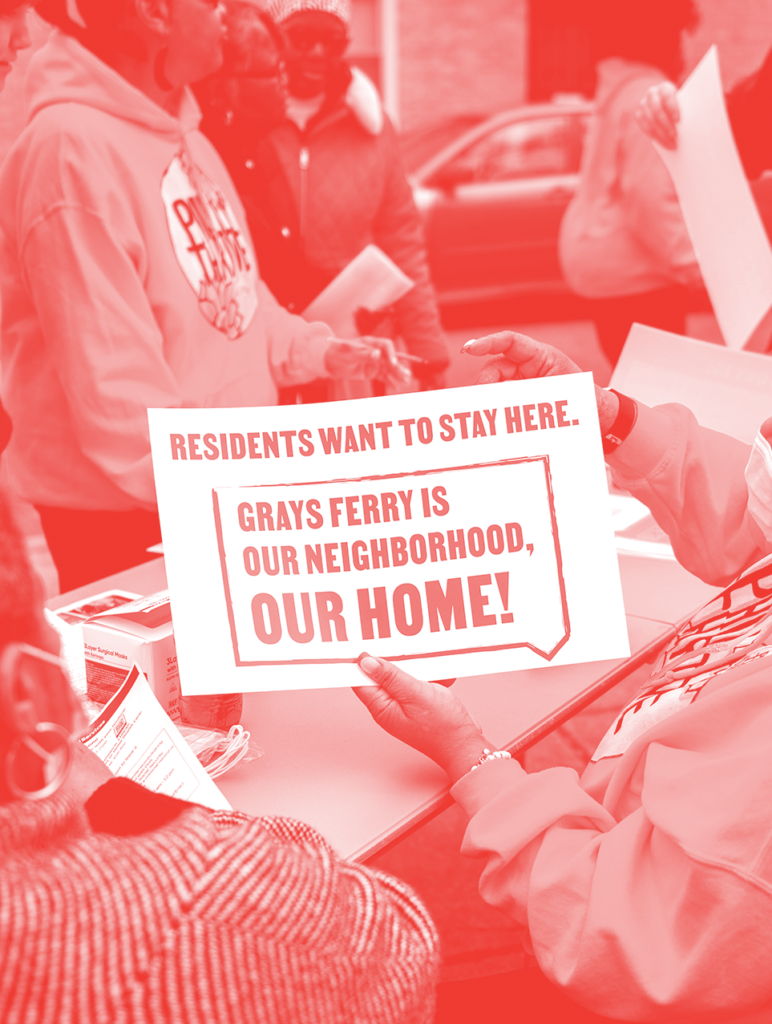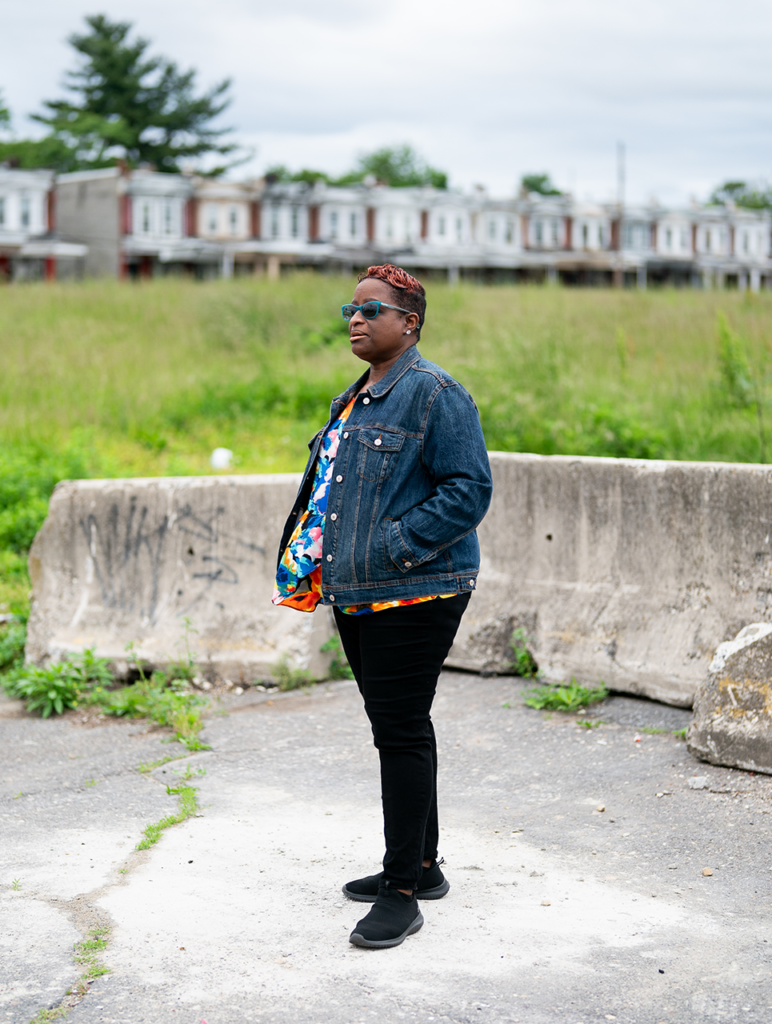Nic Esposito wants to reimagine the retail industry; he believes that people, profits and the planet would benefit from leaving business as usual behind. That’s where Circa Systems comes in.
Esposito founded the Philadelphia-based company in 2023 to create a more sustainable, local retail model, allowing paying members to purchase and swap mostly used products via online stores.
“Instead of making 10,000 things and hoping that you sell 10,000 of them, what if you were able to take 1,000 items and sell them 10,000 times?” says Esposito, Circa’s chief executive officer.
“You’re reducing emissions, you’re reducing extraction, you’re reducing waste and then you’re increasing profits,” he adds. “I think it’s a win-win for everybody.”
In May, Circa launched a six-month pilot for its first platform, Unless Kids. A cohort of 50 users are currently buying and trading discounted toys through unlesskids.com, providing feedback before the platform opens to a larger audience.
The pilot uses a model rooted in the circular economy, in which products stay in circulation as long as possible through reuse or repair. In the purest form of a circular economy, when items are no longer usable, they are broken down into their component parts to be remade into new items. Greater efficiency and conservation of resources allows for lower product pricing; it’s the model future Circa platforms will also use.
“We can continue to have an economic system that works and is probably more just,” says co-founder and chief product officer Samantha Wittchen, noting that the circular economy isn’t reliant on exploiting communities through the extraction process and doesn’t cause environmental justice issues through waste disposal.
For a monthly fee of about $5, Unless Kids members can purchase new and used toys — which are discounted based on their wear and tear — through the online store. Users can choose to keep toys permanently or swap them for new ones at a later date. Orders are delivered by e-bike in a toy chest to the member’s home.
“We’re giving you the toys you bought, picking up the ones you don’t want anymore, spiffing them up, making sure that they’re ready for users again, and we sell them over and over,” Esposito says.
“It’s really about sharing these things across multiple families over a period of time,” adds Wittchen.
When inventory needs to be retired, items will be recycled through Philly’s Rabbit Recycling.
For the pilot, Circa gathered 1,500 toys through collection drives — everything from small action figures to a large Hot Wheels playset.
During the pilot, users don’t pay the membership fee and toys are all used, but in the future Esposito says there will be new toys on the site. “Well-loved” toys have a 70% discount and new toys will have a 20% discount off list price.
Esposito says Circa just closed its pre-seed funding round with $350,000 and will be looking for more investments to ramp up the scale of Unless Kids and eventually move into other markets, such as sporting equipment.
Blake Carroll, co-founder and chief operations officer, said Philly is the perfect place for Circa Systems and endeavors like Unless Kids — there’s already a “tight-knit” community of sustainability entrepreneurs willing to share ideas and challenge norms.
With the support of these local environmentalists, Carroll hopes Circa can push Philly to become a leader in the circular economy.
“We have this opportunity to help shape the future of what Philadelphia could look like,” Carroll says, “and not by necessarily using the same tools that have been applied over the course of history.”
